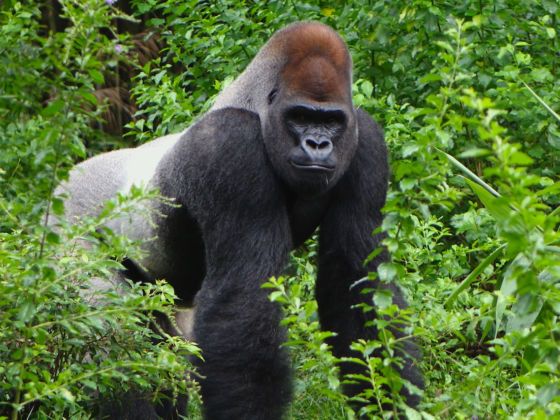The human tragedy caused by the Ebola outbreak in West Africa has been well documented.
More than 8,600 people in Guinea, Liberia and Sierra Leone have been killed by the highly infectious virus, and many more have been infected.
It’s the worst Ebola outbreak in history and it’s far from over.
But humans are not the only victims of this horrible disease, which is spread through contact with the blood, sweat and other bodily fluids of an infected person.
